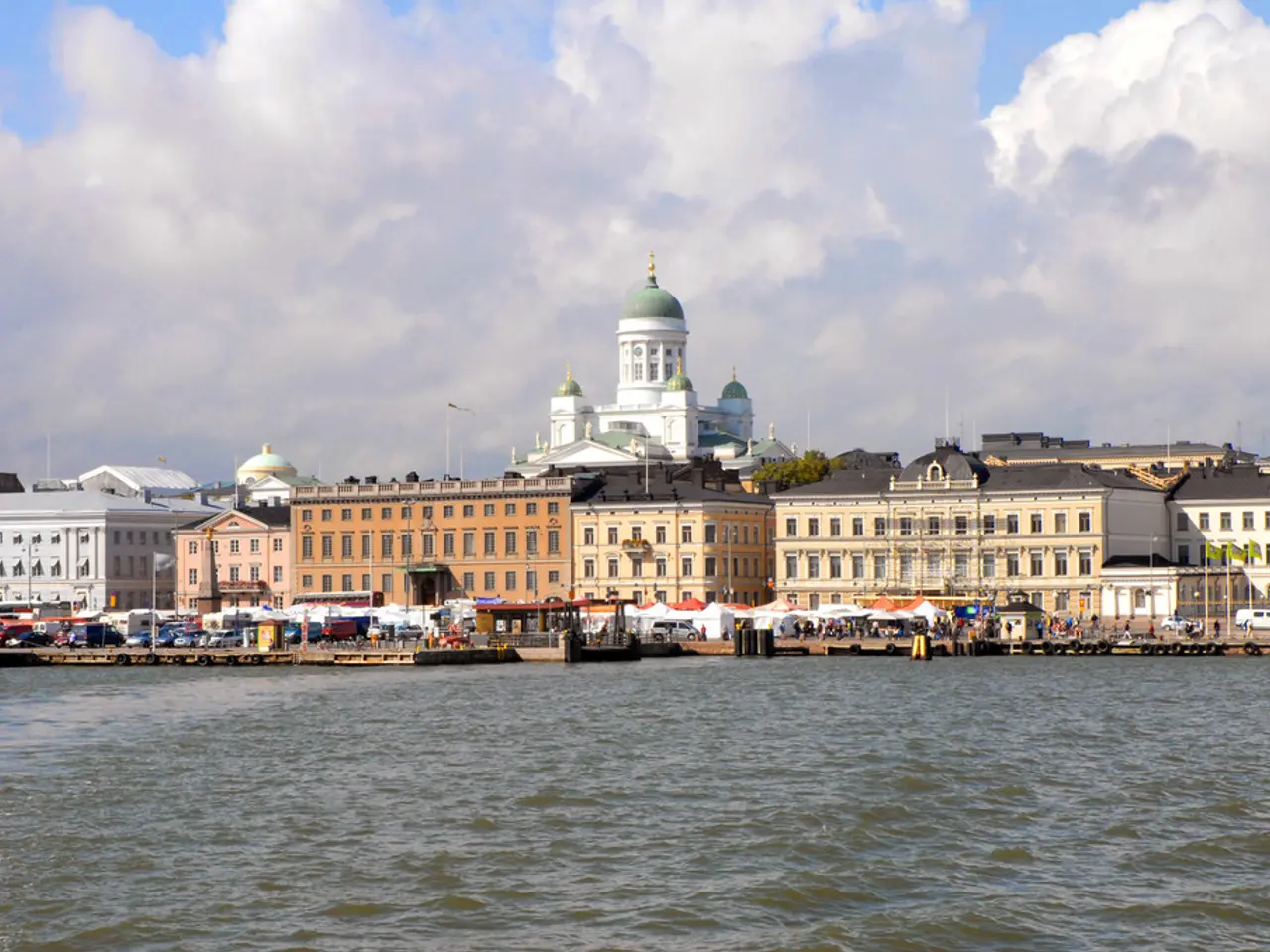European Union's former president, Tusk, underscores the importance of a more stringent approach to migration policies for the preservation of liberal democracy within the EU.
EU Migration Policy Tightens as Poland Adopts Tougher Measures
The European Union (EU) is undergoing a significant overhaul of its migration and asylum policies, with a focus on deterrence, deportation, and outsourcing asylum processing. This shift, driven by a rise in far-right political influence across the continent, reflects a tougher stance on migration.
In the heart of this change, Poland, a member state of the EU, has been vocal about its opposition to some aspects of the new EU policies but has adopted tougher border controls and aligned with proposals to outsource and expedite returns.
The EU's new Migration Pact, agreed upon earlier this year, is expected to be fully implemented by 2026. However, Poland was among the few EU member states that voted against this comprehensive pact, reflecting its position favouring more restrictive measures.
Poland has been dealing with a migrant crisis along its border with Belarus since 2021, leading to heightened tensions both domestically and across the EU. Both Warsaw and Brussels have accused Belarus and Russia of intentionally directing migrants from the Middle East and Africa to the EU's eastern borders.
The Polish Prime Minister, Donald Tusk, has framed this proposal as essential to safeguarding Poland's border from what he claims is a hybrid warfare tactic orchestrated by Moscow and Minsk. Tusk's five-year border security plan has become a focal point in this wider debate.
The policy, if adopted, would suspend the right to asylum for irregular migrants crossing the border illegally in organized groups, particularly those facilitated by Belarus and Russia. However, President Andrzej Duda has condemned this plan as a "fatal mistake," warning that it could prevent persecuted individuals from Russia and Belarus from seeking refuge in Poland.
This Italian measure has sparked criticism from human rights groups but is defended by Italian authorities as necessary to address the ongoing migrant crisis. Other EU countries, including Germany and Italy, have adopted more restrictive migration policies amid rising migration numbers.
EU leaders are under pressure to adopt a unified and decisive approach regarding migration. The political tension within Poland over this issue is evident, with the 2025 presidential election expected to make migration a significant issue.
Despite no specific official asylum suspension proposal by Poland emerging explicitly in the latest data, Poland’s policies reflect the new EU hardline direction. Human rights concerns remain significant amid these policy shifts, with warnings of threats to due process, increased risks of unlawful detention, and potential pushback to unsafe conditions.
[1] EU Migration Policy Overhaul [2] EU's New Migration Pact [3] Poland's Tougher Border Controls [4] Italy's Migrant Processing Program
[1] The European Union is undergoing a significant overhaul of its migration and asylum policies, with a focus on deterrence, deportation, and outsourcing asylum processing, reflecting a tougher stance on migration.
[2] The EU's new Migration Pact, agreed upon earlier this year, is expected to be fully implemented by 2026.
[3] In the heart of this change, Poland, a member state of the EU, has adopted tougher border controls and aligned with proposals to outsource and expedite returns.
[4] Other EU countries, including Germany and Italy, have adopted more restrictive migration policies amid rising migration numbers.
[5] The policy in Italy has sparked criticism from human rights groups but is defended by Italian authorities as necessary to address the ongoing migrant crisis.
[6] Despite no specific official asylum suspension proposal by Poland emerging explicitly, Poland’s policies reflect the new EU hardline direction, raising concerns of threats to due process, increased risks of unlawful detention, and potential pushback to unsafe conditions.








